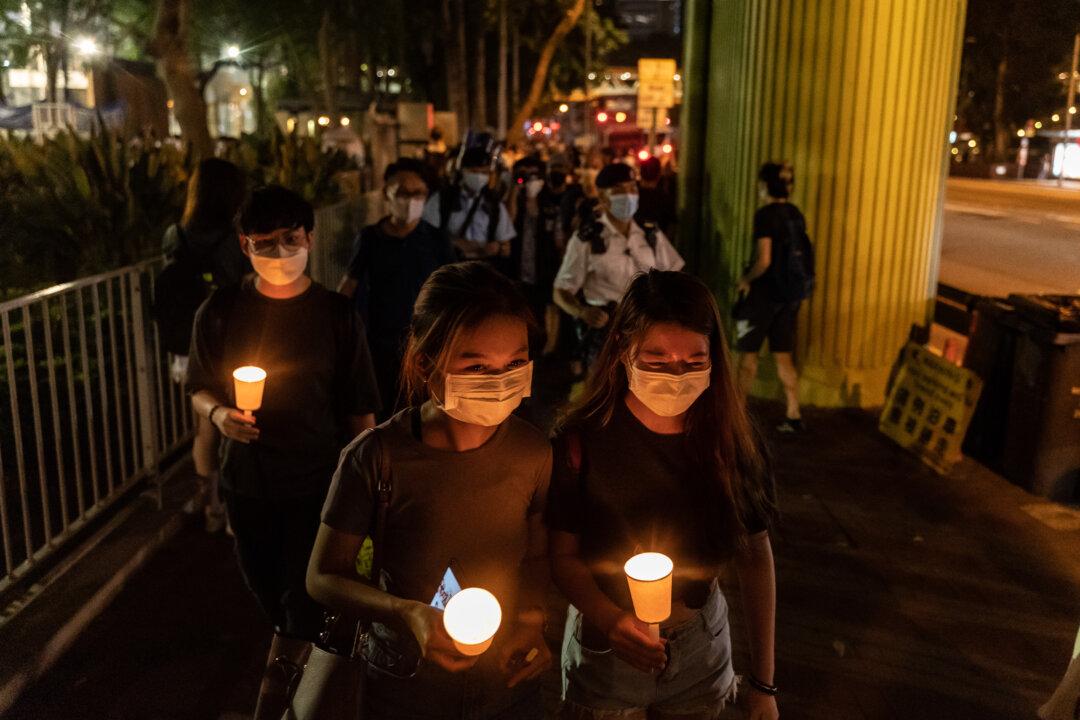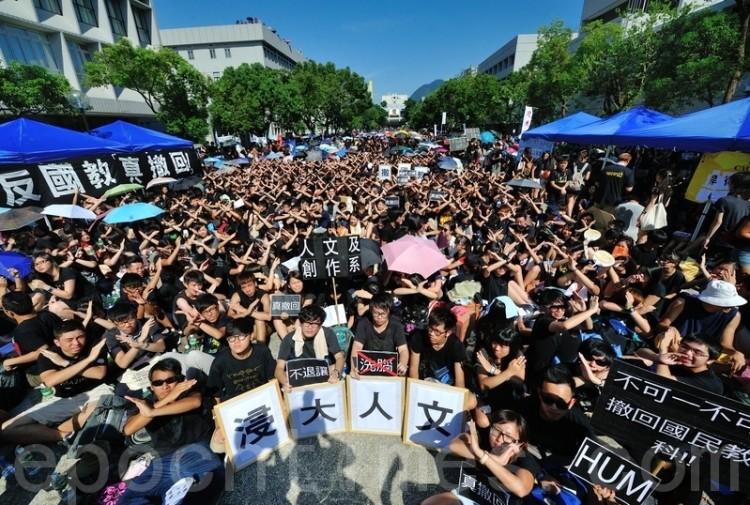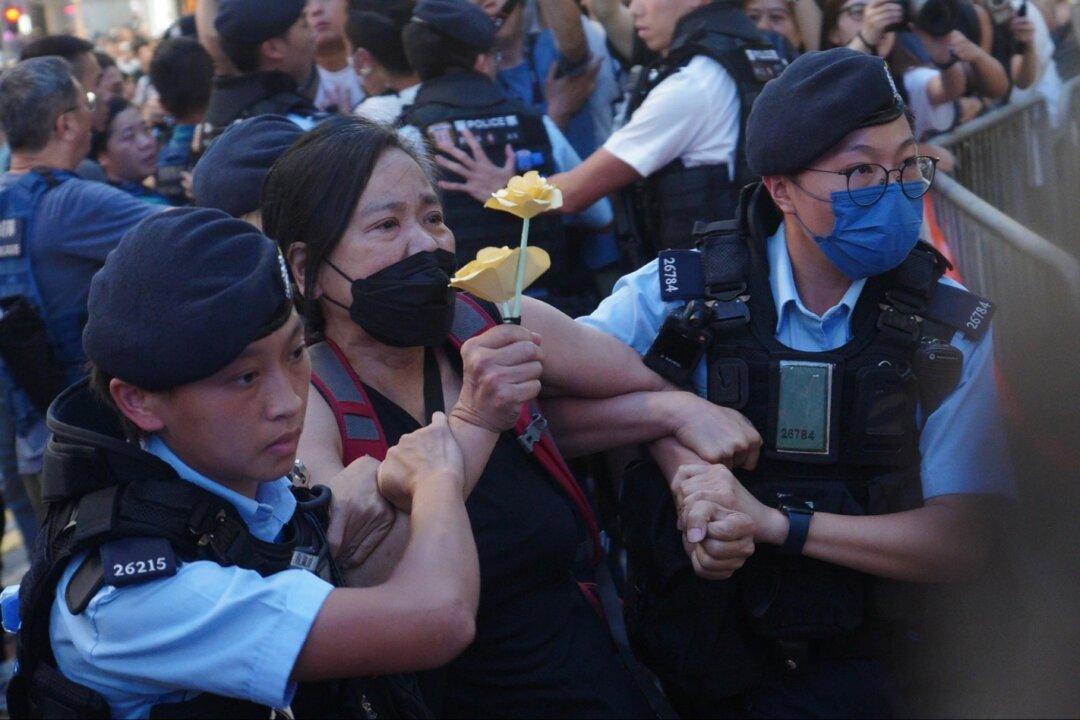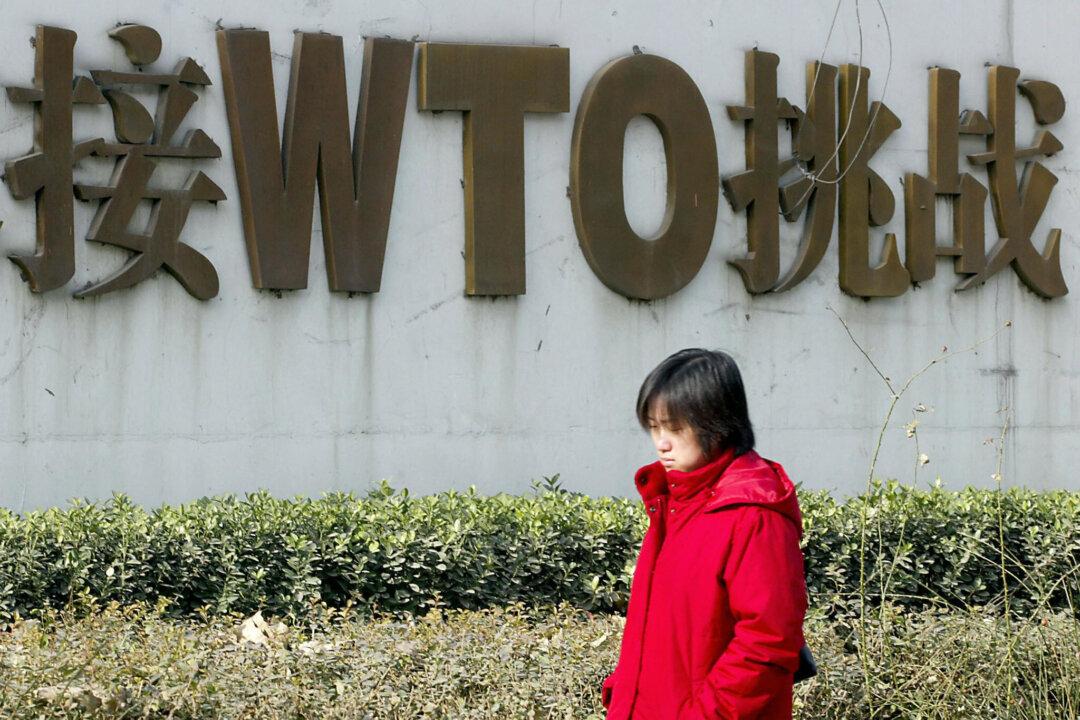Commentary
In mid-April, 2022, a friend introduced me to a U.K. Hong Kong community head, who talked to me about shooting a special program on Queen Elizabeth II and Hong Kong for the Platinum Jubilee celebration. After going through that, we shifted the topic to the June 4, 1989, Tiananmen Square massacre (June Fourth). I was told that a candlelight vigil would be held on June 4, 2022, outside the Chinese Embassy, in London, and I was asked what else might be done for the June Fourth commemoration, a taboo now in Hong Kong and only possible abroad.





